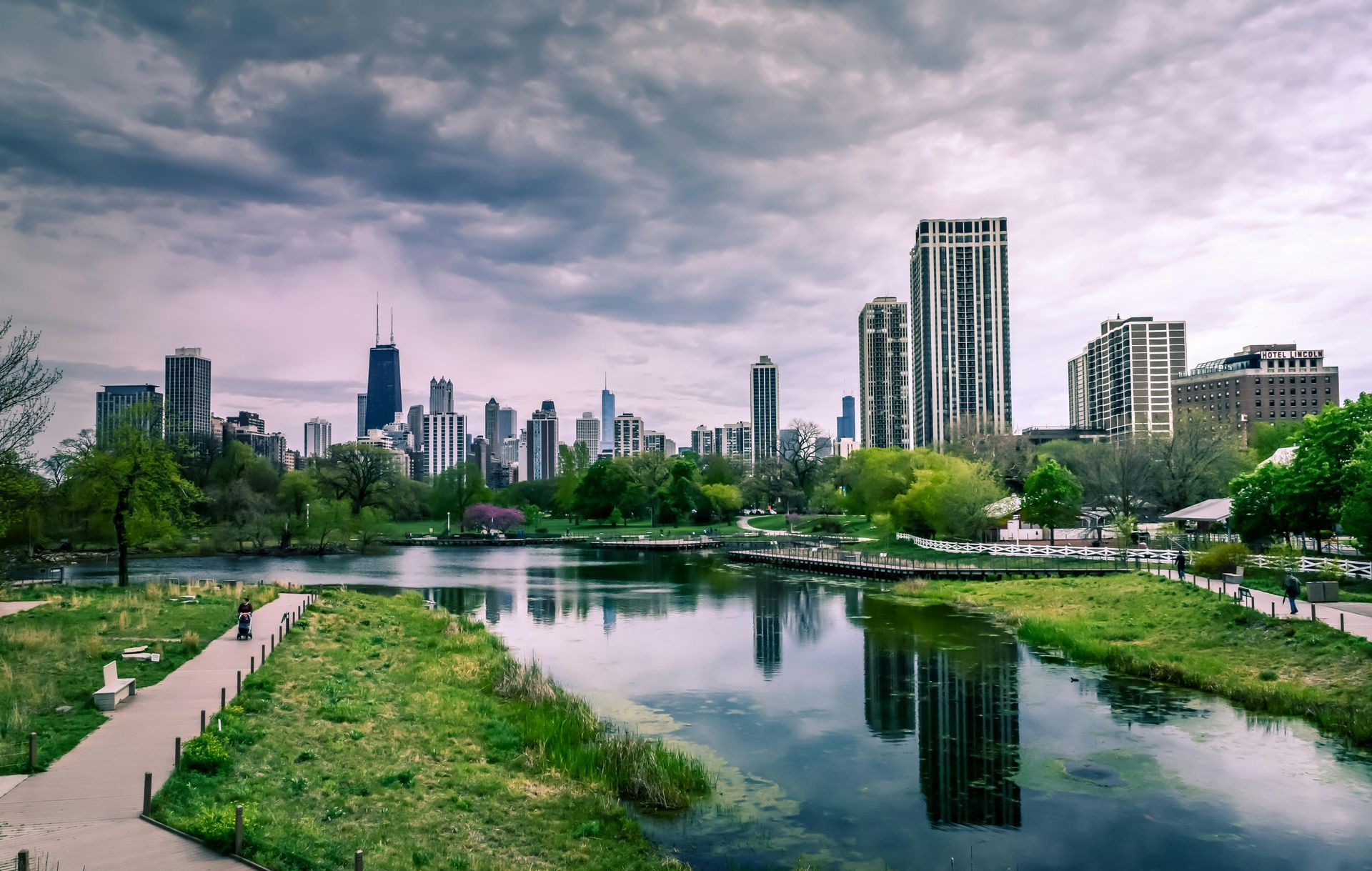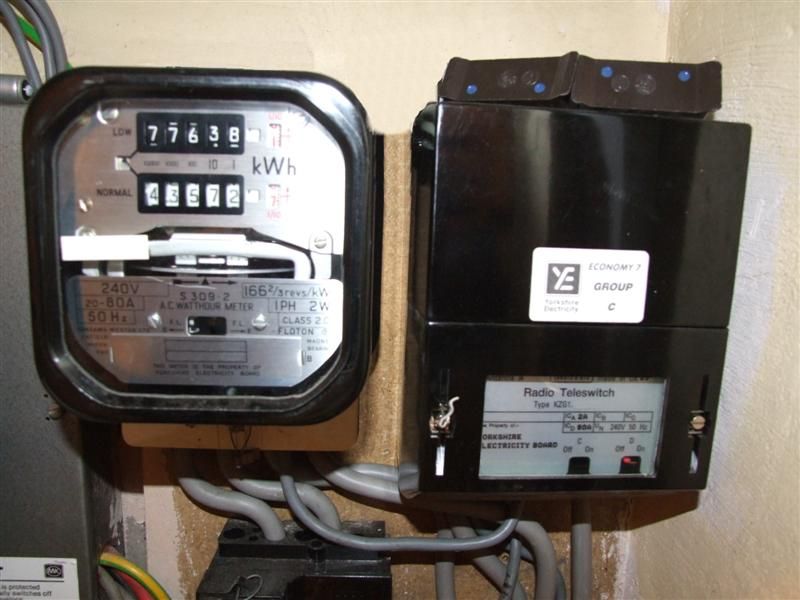Volume Tolerance in Business Energy Contracts
What is Volume Tolerance?
Volume tolerance is a clause in the terms and conditions of your energy contract which states you must only use over or under a certain percentage of your estimated annual consumption; otherwise, you may be charged extra.
Most suppliers have this set at 80% / 120% (meaning you can go over or under your estimated annual consumption by 20% and not be charged extra).
For example, if your estimated annual consumption is 100,000 kWh , the least amount of energy you can use without being charged extra is 80,000 kWh, and the most you can use is 120,000 kWh.
Why does Volume Tolerance Exist?
The economic crash of 2009 was caused by an 8% fall in business electricity consumption, which left suppliers with a large amount of electricity left over. This left over electricity then had to be sold much cheaper than its original price. To protect suppliers from this happening again, volume tolerance was introduced. Volume Tolerance in energy contracts was found useful during the COVID-19 pandemic, where a large amount of businesses had to temporarily close their doors due to government legislations.
How does volume tolerance work?
What happens if you use more energy?
When your energy contract is agreed your supplier will use your estimated annual consumption to purchase a fixed amount of energy to supply you over a fixed amount of time. If your business suddenly starts using way above the estimated annual consumption , the supplier will need to purchase more energy from the national grid to be able to provide the extra energy your business is using. Due to inflation, when the supplier purchases more energy though the grid the price has increased. To cover the extra costs, the supplier then charges you a volume tolerance fee at the end of your contract.
What happens if you use less energy?
Alternatively, your energy contract is agreed and the supplier purchases a fixed amount of energy to provide to you over a fixed amount of time based on your annual consumption. However this time you are using significantly less energy than what was estimated. The supplier will then have to sell the energy which is left over at the end of your contract for a lower cost than what they bought it as. To cover the costs of this you will then be charged a volume tolerance fee at the end of your contract.
How can your business ensure volume tolerance charges do not hit them?
If you know you will be using significantly less or more energy than you estimated annual consumption, then discuss this with your supplier. If you are a customer of Purely Energy we can do this for you.
To avoid going over your estimated annual consumption you should make sure your business is saving energy where possible. Purely Energy has launched a usage monitoring software to identify where and when energy is being wasted. For more information, please contact us.
Submitting regular meter readings will ensure your energy usage is tracked as accurately as possible and help avoid estimated readings. Estimated meter readings could lead to you being charged for more energy than you are using. Smart meters and Energy Management Systems (EMS) can help you identify patterns in your energy consumption, so if you think you will go over your agreed volume tolerance you can detect where energy can be saved.
Different suppliers have different volume tolerances, however, most work at an 80% / 120% margin.
What happens if I leave my fixed energy contract early?
When you sign a fixed energy contract, these are usually for 12 or 24 months and is a legally binding contract. If you want to leave your fixed energy contract early, then you will have to pay an exit fee. We would recommend to start looking for new energy deals 6-12 months before your current contract end date to make the most out of the energy market.
Contact us on 0161 521 3400 or email us at Info@purelyenergy.co.uk for any queries, and we will advise you on your next steps to ensure you can attain the lowest energy bills possible.
Click here if you would like a quick quote.
This article was written by Megan Glover of Purely Energy. If there are any suggestions or questions - Please get in touch with us.





